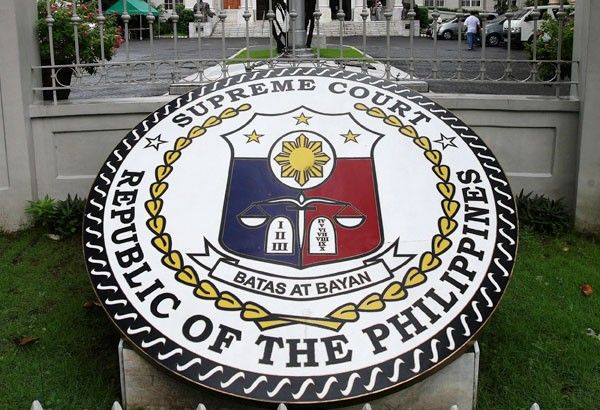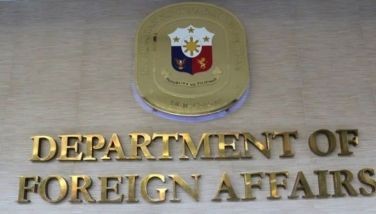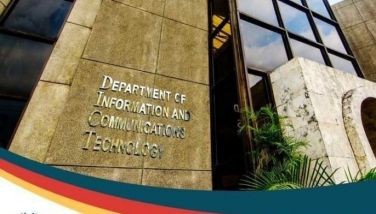Supreme Court distances itself from Sanchez release

MANILA, Philippines — The Supreme Court on Friday distanced itself from the reported probable release of convicted murderer and rapist Antonio Sanchez, explaining that it merely interpreted a law crafted by the Congress.
SC spokesperson Brian Hosaka, in a press conference, clarified that the SC did not order the release of Sanchez, but acted on petitions questioning the legality of provisions in RA 10592, which expanded the application of good conduct and time allowance for prisoners.
“[T]he primary issue was the legality of the Implementing Rules and Regulation of RA 10592 which provided for the prospective application of the said law,” Hosaka added.
In June 2019, the SC ruled that the law should be applied retroactively.
“In deciding the case, the court applied the fundamental doctrine in criminal law that penal laws when favorable and advantageous to the accused, should be applied retroactively,” Hosaka explained.
He added the SC ruled that the law should have retroactive application as it had the effect of reducing sentences of prisoners, which means the law is advantageous to them.
Hosaka also stressed that the increase on good conduct and time allowances stemmed from a law enacted and passed by the Congress in 2013. “The SC merely interpreted the law,” he added.
EXPLAINER: Good law, bad man: RA 10592 and rape-slay convict Antonio Sanchez
Implementation not within SC jurisdiction
The SC spokesman also said the implementation of RA 10592 is not within the jurisdiction of the tribunal.
“Like all laws, it is to be implemented and executed by the executive branch of government,” Hosaka explained.
Sec. 1 of RA 10592 states that “recidivists, habitual delinquents, escapees and persons charged with heinous crimes are excluded from the coverage of this act.”
Justice Secretary Menardo Guevarra said that this appears that a person convicted on heinous crime, such as rape and murder, is “no longer eligible... not qualified at all.”
The provision, however, focused on amending Article 29 of the Revised Penal Code, that discusses “period of preventive imprisonment deducted from term imprisonment.”
Former SC spokesman Theodore Te, however, said the limitations—recidivism and commission of heinous offenses—stated on Article 1 of RA 10952 pertains to preventive imprisonment, and not to the GCTA law.
READ: IBP calls for more transparency in evaluating inmates' 'good behavior'
Hosaka for his part said the IRR states that a committee will look into it.
“Perhaps we will just have to wait for the particular branch of government in this case the executive to rule on that or determine that,” he added.
- Latest
- Trending































